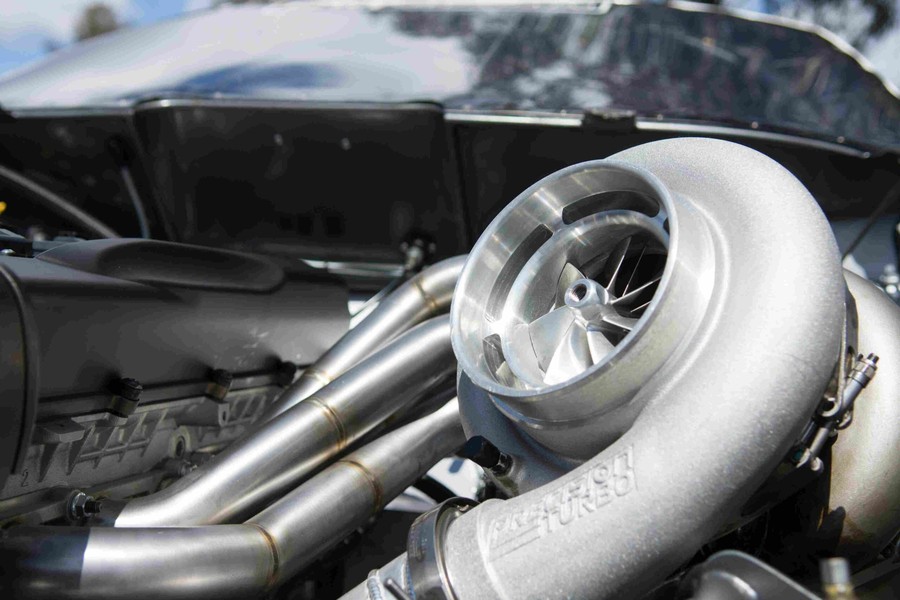Turbocharged engines are designed to deliver increased power and efficiency by forcing more air into the combustion chamber. The turbocharger compresses air, allowing the engine to burn more fuel and generate more power than a non-turbocharged engine of the same size. This increase in power, however, comes with its own set of challenges, particularly in the exhaust system. A turbocharged engine produces more exhaust gases at higher pressures, which places additional strain on the entire exhaust system, including the muffler. The role of the muffler in these systems goes beyond noise reduction—it also helps manage exhaust flow and pressure, ensuring optimal engine performance.
Why Mufflers are Critical in Turbocharged Systems
In turbocharged engines, the exhaust gases are expelled at higher velocities and temperatures compared to naturally aspirated engines. A muffler’s primary function is to reduce noise created by these high-pressure exhaust gases while maintaining smooth exhaust flow. For turbocharged engines, the muffler must be engineered to handle the increased pressure and volume of gases without creating excessive backpressure. Excessive backpressure can restrict the flow of exhaust, which negatively impacts the performance of the turbocharger and the overall engine efficiency. Therefore, mufflers in turbocharged systems must be specifically designed to allow for smooth, unobstructed exhaust flow while still meeting noise reduction standards. Suggestions are there from the Auto Repair in Easley, SC based services now.
How Mufflers Influence Turbocharger Performance
The muffler plays a crucial role in the efficiency of a turbocharged engine. Turbochargers depend on the rapid flow of exhaust gases to spin the turbine and generate boost. A muffler that restricts exhaust flow too much can cause a buildup of pressure, reducing the efficiency of the turbocharger and ultimately lowering the vehicle’s performance. On the other hand, a high-performance muffler that allows for smoother exhaust flow can optimize turbocharger efficiency, ensuring that the engine operates at peak performance. In this way, mufflers can significantly affect the power output and response of a turbocharged engine.
Performance Mufflers for Turbocharged Vehicles
To maximize the performance of a turbocharged engine, many enthusiasts opt for performance mufflers designed specifically for high-flow exhaust systems. These mufflers are built with materials and internal designs that reduce restrictions while maintaining a controlled noise output. Performance mufflers for turbocharged engines typically feature straight-through designs, allowing for more efficient exhaust gas flow. Additionally, they are constructed with durable materials such as stainless steel, which can withstand the high temperatures and pressures produced by turbocharged systems.
Maintaining Muffler Health in Turbocharged Engines
Maintaining a properly functioning muffler is crucial to keeping a turbocharged engine running at its best. Over time, mufflers can become clogged or damaged due to the increased pressure and heat generated by the turbocharger. Regular inspections and maintenance of the muffler and exhaust system are essential to prevent issues that can hinder engine performance. If the muffler becomes damaged or clogged, it can cause backpressure, which reduces turbo efficiency and overall engine output. By ensuring that the muffler is in good condition, turbocharged vehicles can maintain their performance and remain efficient for longer.

